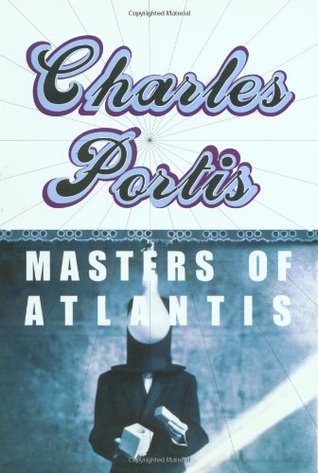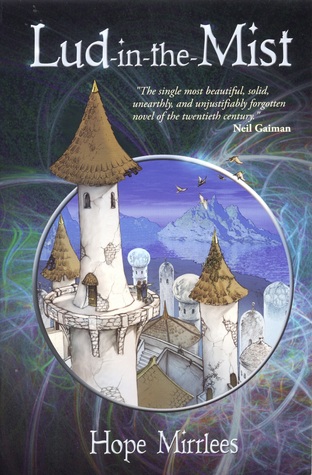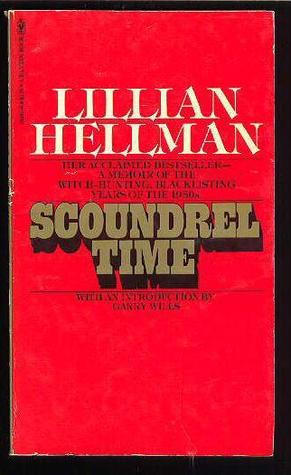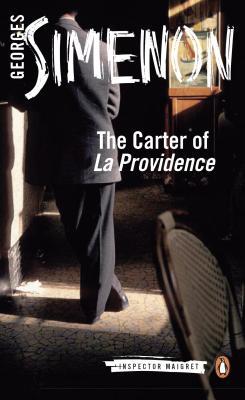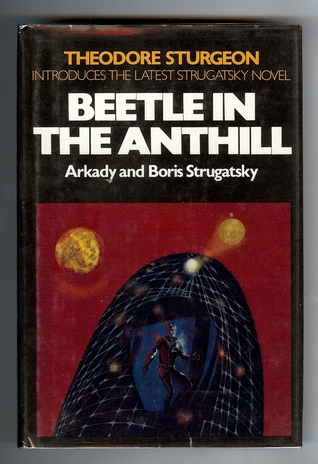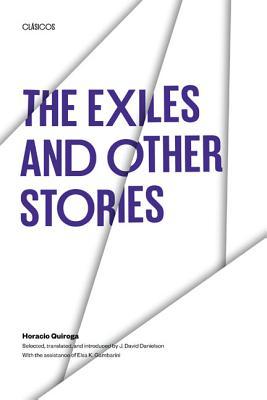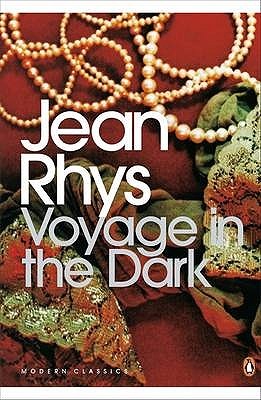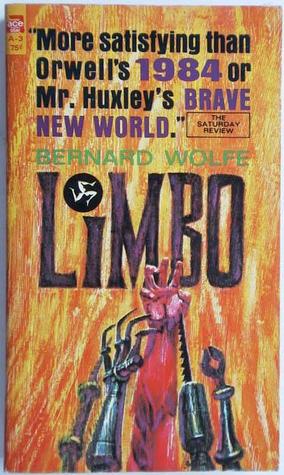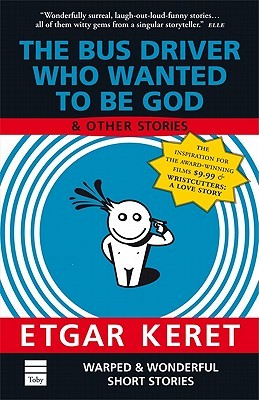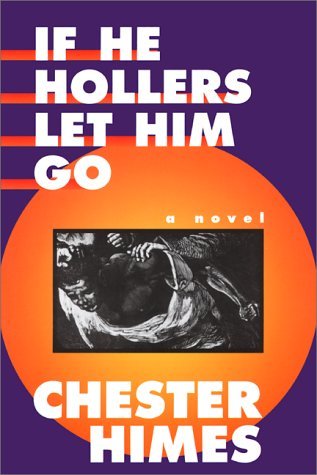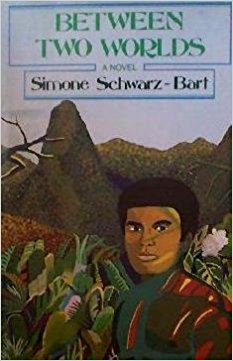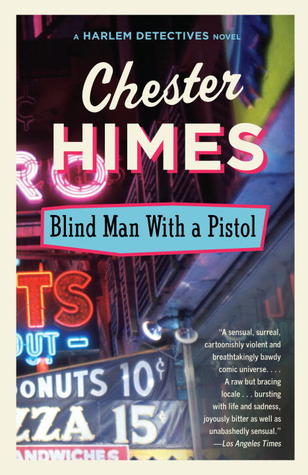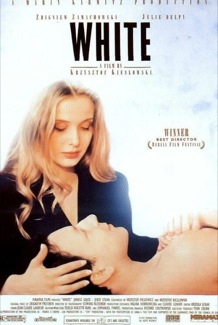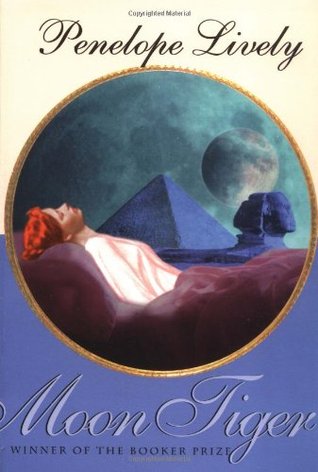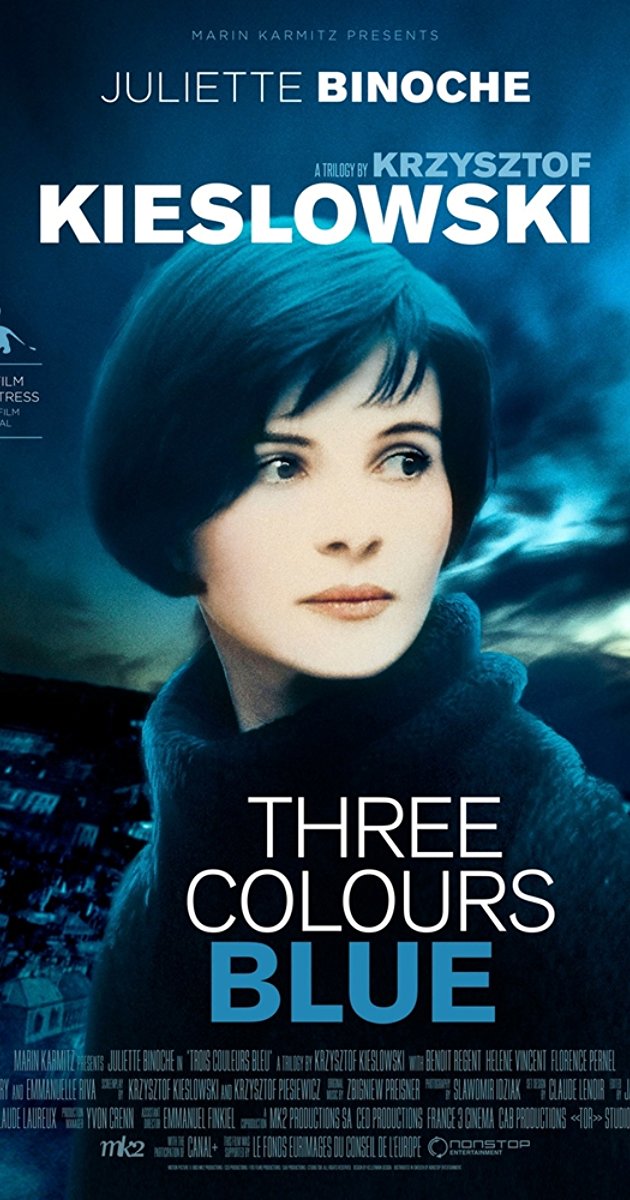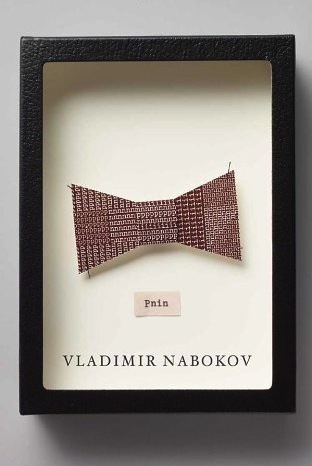Books and Tunes August 31, 2018
August Ends. I gradually grow acclimated to not eating exclusively red meat. Do you know dates are pretty good? Also, labneh. One afternoon I surfed badly. One evening I got a drink on top of a rotating tower. Things which would be tacky and awful in other places are lots of fun in LA.
· Houndmouth – bad name, good band
· I’m not saying Townes Van Zandt is the best song writer who ever lived, but if you said it, I wouldn’t run over and slap you in the face
· Do the Fruit Bats sound like the Bats deliberately? They’d have to, right? Yeah.
I'll Sleep When I'm Dead: The Dirty Life and Times of Warren Zevon by Crystal Zevon – Constructed from interviews and scrap of Zevon’s journal, this is as down and dirty as you’re going to get – every petty rivalry, debauched episode, every misbehavior of a brilliant artist with some very serious character issues. Despite which, Crystal Zevon manages an enormously impressive even-handedness, particularly given that Warren seems to have beat the hell out of her a couple of times. A ravenously engaging read, the best rock and roll biography I ever read, hands down.
The Baron in the Trees by Italo Calvino – A wonderous little morsel about a teenager who climbs into the trees and refuses to come done, living a long life of romantic adventure and noble self-denial. Extremely charming. I’m starting to think I maybe really like Calvino, but just wasn’t grabbed by Invisible Cities.
A New Hope For the Dead by Charles Willeford – A cop and his people in 80’s Miami. There was some good slice of life stuff here, and I didn’t find the narrative (such that it was) entirely unengaging, but two weeks after I read it I can’t remember anything that really happened, which usually isn’t a great sign.
Masters of Atlantis by Charles Portis – A comic overview of the rise, fall, and sort of rise of a mid-20th century cult – the peculiar and dishonest characters it attracts. All the usual pleasures of a Portis story are here – the deft sense of irony, the brilliantly funny dialogue – but operating along a narrative structure which, while loose, is outside of the ‘first person southern idiot voice’ he does in a lot of his other books. Lots and lots of fun, not quite True Grit but still well worth your time.
Writin' Is Fightin': Thirty-Seven Years of Boxing on Paper by Ishmael Reed – I love Reed’s early novels but this is…pretty weak beer. A collection of editorial and essays about controversies long forgotten, and inter-academic feuds which could never have been of much interest to anyone.
The Varangians of Byzantium by Benedict Benedikz -- If you want to read a narrow academic history of an obscure military unit within a long decayed empire, you could do worse than this.
Sun and Steel by Yukio Mishima – Literature, not to say life, offers no shortage of brilliant people dithering around in the most incoherent or radically destructive directions, but even still, you would be hard to find a more perfect encapsulation of genius put to the most startling stupid ends than Mishima’s grand self-statement. Individual lines are beautifully written, certain thoughts are articulated with heart-aching grandeur, taken in sum its worship of unthinking physical force, that is to say violence, in a nation then recovering from apocalyptic destruction (and responsible for a great deal of the same), must be judged either indescribably stupid or nightmarishly vile. One need not be aware of Mishima’s comi-tragic attempt to put this philosophy into practice to hold it in contempt. In short, this is every bit as rational as one would expect from a man who chose to be photographed for the book jacket in a speedo, wearing a katana.
Thirteen Clocks by James Thurber – A delightful children’s story about a magic prince and whatnot. Lots of fun nonsense language, and some very clever lines. I’ll pick one up for my nephew.
The Butterfly by James M. Cain – Appalachian incest, clan rivalries, moonshining, all the erotic and horrific thrills one would expect in a Cain novel. A good way to burn an hour.
The Unwomanly Face of War: An Oral History of Women in World War II by Svetlana Alexievich – When I was about twenty-two or so I went on a military history kick, superseding my hyper masculine literature kick, which itself was the successor to my years of reading nothing but epic fantasy. Progress is gradual. In any event, there was a time when that was really my bag – Tacitus to John Keegan, Basil Liddel Hart, Shelby Foote, Napoleon and Frederick, Rommel, we can go on. I was never altogether interested in the strategy, not the sort of war nerd who geeks out on weapon’s specs and memorizes orders of battle. I was interested in lived experience; loose buttons, snatches of song from opponent’s trenches.
In time that passion was eclipsed by others, but still I want to make clear that when I say this is one of the best book’s ever written about war, I’m comparing it to, at the very least, three or four hundred books. Alexievich’s painstaking collection of interviews with Soviet female soldiers, both frontline and support, who saw service during ‘the Great Patriotic War’, is heart-rending, beautiful, and profound. Her contention – that woman interpreted and remembered war in fundamentally different ways than men – holds true, offering insights not only into WWII but into the very nature of combat which I can’t remember being yielded in other texts. Apart from an intimate sympathy with her subjects, Alexievich’s brief meditations about war and memory are themselves heartfelt and valuable. Really, really, really good. It turns out even a bunch of old Danes get one right once in a while.
Lud-in-the-Mist by Hope Mirlees – A gothic romance that simultaneously manages to give birth to the ‘living next to fairyland’ sub-genre, that is to say, John Crowley sure as shit read this before he wrote Little, Big. Absolutely delightful – clever and gorgeously written, with just the right dash of melancholy. How lovely fantasy was, before it became hardened into genre! Thanks to Kurt Busiek for the rec.




